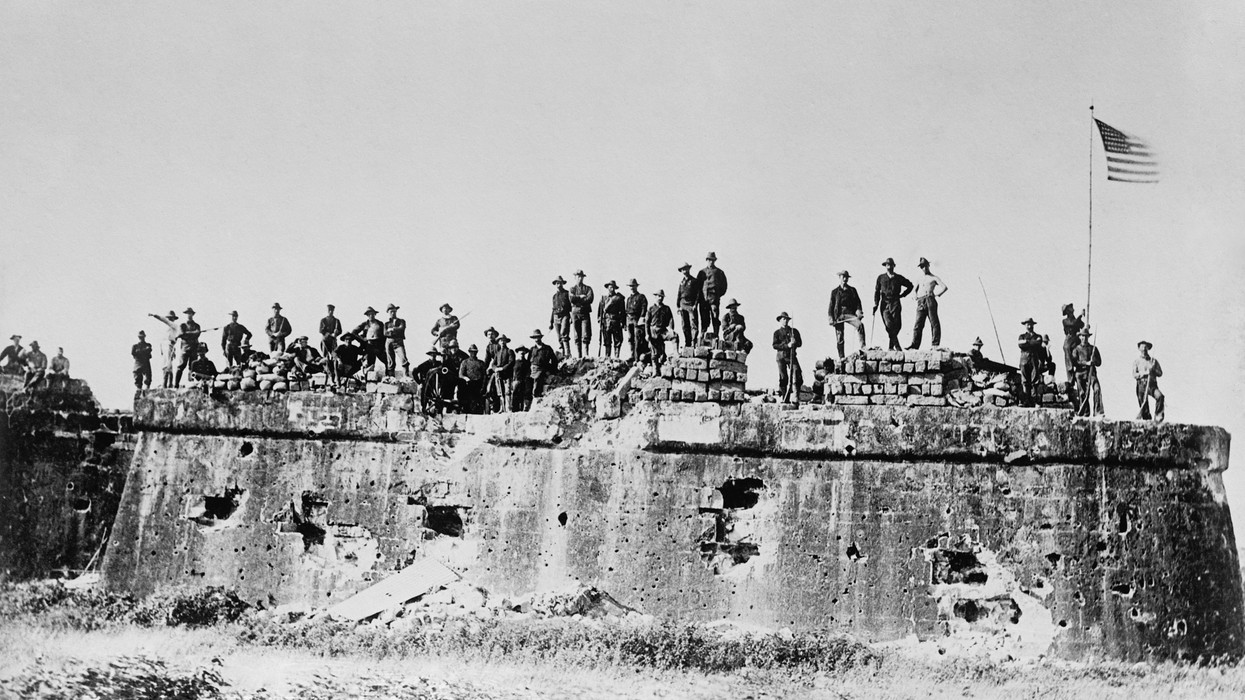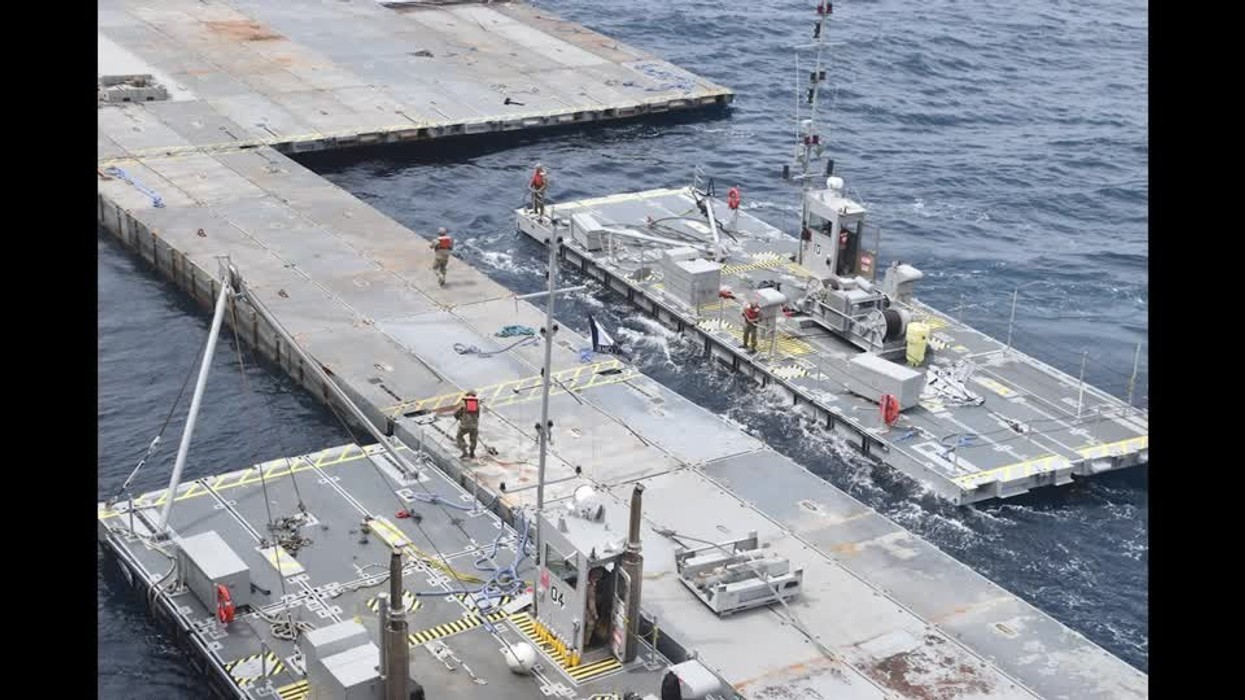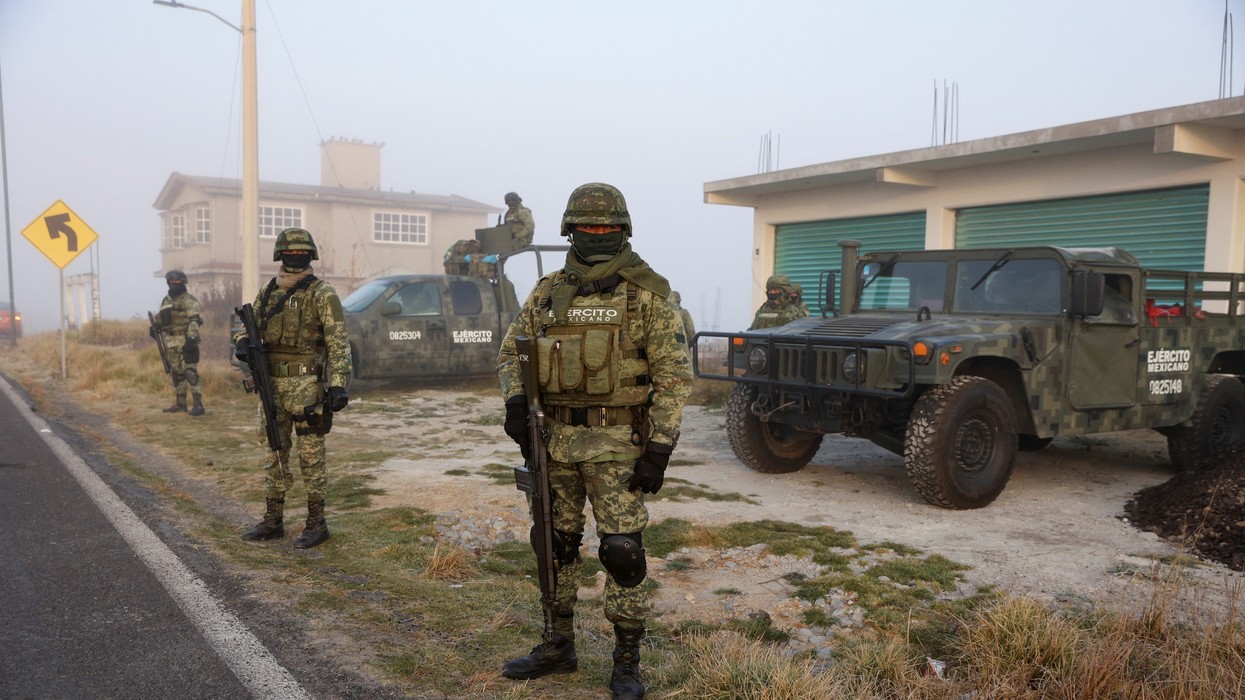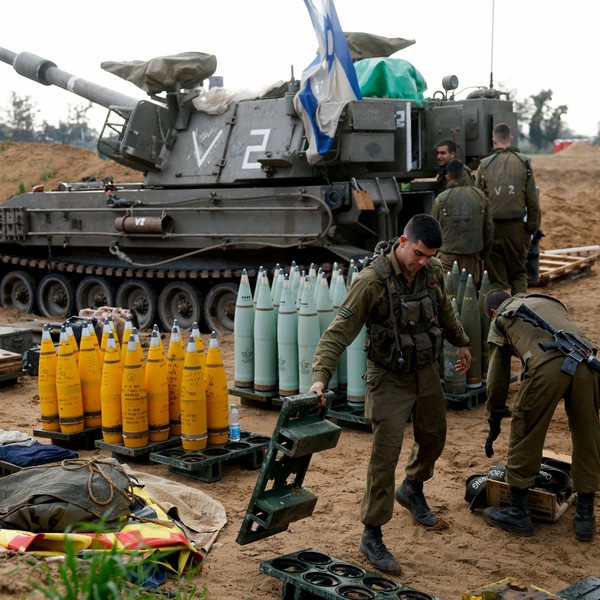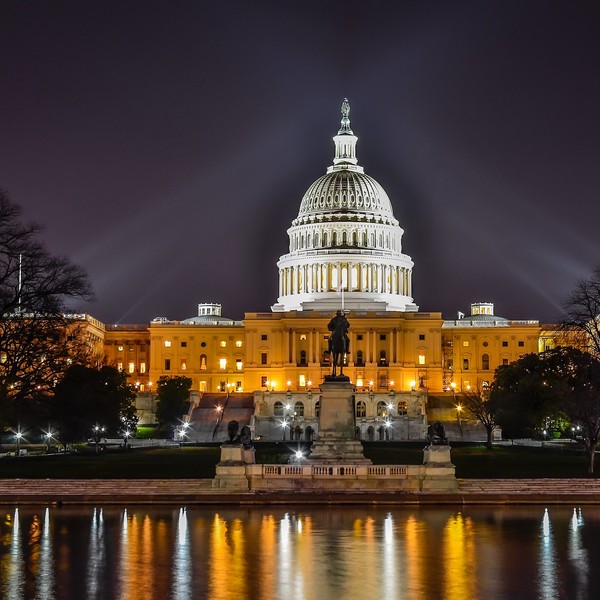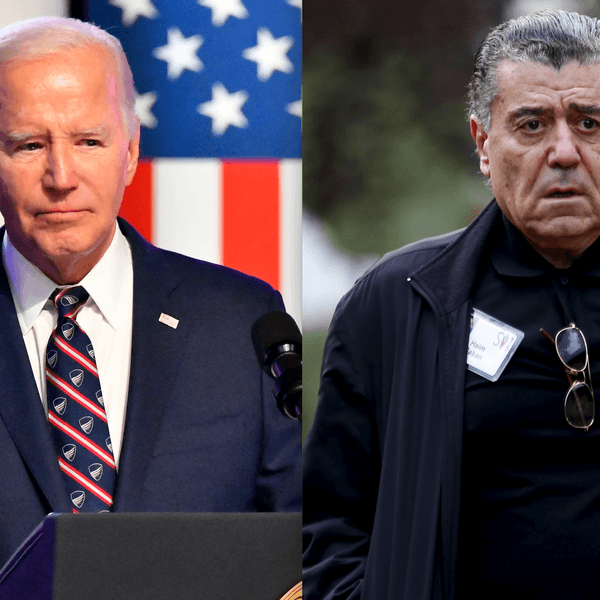In a surprise move earlier this month, the Russian Federation waived a targeted sanction on Victoria Nuland — the current Undersecretary of State for Political Affairs — in exchange for a reciprocal move from the U.S., which issued a visa for Russian diplomat Konstantin Vorontsov.
Nuland, who was previously President Obama’s Assistant Secretary of State for European and Eurasian Affairs, is a household name amongst Russia’s political class. Known for her influence over Obama’s Russia-policy in his second term and most infamously for her public support of the Ukrainian Euromaidan protests that deposed the sitting president in 2014, Nuland became the “personification of Washington’s foreign policy in the region” in the words of Fyodor Lukyanov, one of Russia’s premier foreign policy commentators and Editor-in-Chief of Russia in Global Affairs.
The reason for this diplomatic quid-pro-quo was a three-day trip Nuland took last week to Moscow for meetings with high-ranking officials in the Russian Foreign Ministry, Defense Ministry, and the Presidential Executive Office. As some have inferred from the Biden Administration’s official statements and actions vis-à-vis Russia these past 10 months, there has been a realization in the White House that a dual confrontation with both Moscow and Beijing is not ideal and must be avoided.
These actions can be seen in the relatively pragmatic statements emanating from the administration following four-years of rather hysterical Democratic fear mongering over Russia’s purported interference in the 2016 elections. Although, it must be said, there still exists a penchant for the aimless use of sanctions against Russia, as well as a continuing diplomatic breakdown between the two countries — not to mention Biden’s rather undiplomatic depiction of Putin earlier this year.
Additionally, the continued use of Manichean language regarding ‘Democracies’ vs. ‘Autocracies’ are not at all helpful in rebalancing relations. However, Biden’s statements on seeking a ‘predictable’ and ‘stable’ relationship with Russia suggest a moderate, yet indicative, assessment by the White House of the dangerously frayed relations that exist between Washington and Moscow. The Geneva meeting between Presidents Biden and Putin in June, although bizarrely covered as a boxing match between the two leaders by the Press, was significant in the release of a joint resolution restating the words of Gorbachev and Reagan that a “nuclear war cannot be won and must never be fought.”
It now appears Nuland was dispatched to Moscow to follow up on the Summit and continue dialogue through these most recent meetings. Although no groundbreaking agreements were reached (something we should not be expecting in the short-term), the meetings were productive in the sense that they appeared to advance the vision of a stable and predictable approach to US-Russia relations — even if severe disagreements persist.
Nuland’s meeting with Dmitry Kozak, Deputy Chief of Staff to President Putin and top negotiator regarding Ukraine, seemed to reaffirm the understanding between both nations that the only remaining solution to the situation in eastern Ukraine lies in the Minsk Agreements. There appears to be a tacit realization in Washington that the policy pursued vis-à-vis Ukraine since 2014 has not resulted in a more secure Eastern Europe. However, the White House has yet to use any of their available leverage to pressure an increasingly illiberal Ukrainian President Zelensky into accepting the Minsk Agreements and implementing provisions regarding an autonomous special status for the Donbass region.
The White House likely now sees a maintenance of the status-quo in Ukraine to be the most ideal situation to stall any unforeseen flare ups in the European theatre — although unpredictable escalations will continue to lurk until the Minsk Agreements have been thoroughly implemented.
Unfortunately, however, Defense Secretary Austin this week pronounced yet again Washington’s policy of an ‘open door to NATO’ for both Ukraine and Georgia. Although this is in line with official U.S. policy, it does relations between Moscow and Washington no favors, especially given the unlikelihood of such acceptance by the entire NATO bloc of the former-Soviet states.
On the whole, of course, Nuland’s trip is a most welcome development, however, it must be understood in the context of broader international developments — namely the growing hostility between Washington and Beijing. As most practitioners of realism and restraint have argued for years now, the growing antagonism between the US and Russia is most useless, and needlessly causes security crises in otherwise generally stable regions of the world.
However, this isn’t the last step and both nations must continue working towards a more cooperative relationship. The recent joint resolution at the UN by the U.S. and Russia on the issue of cyber security is another small, yet positive, move in this direction. Let’s hope that relations continue developing in a more stable direction.
In the words of Mikhail Gorbachev: “History is not determined by fate. There is always an alternative.”

